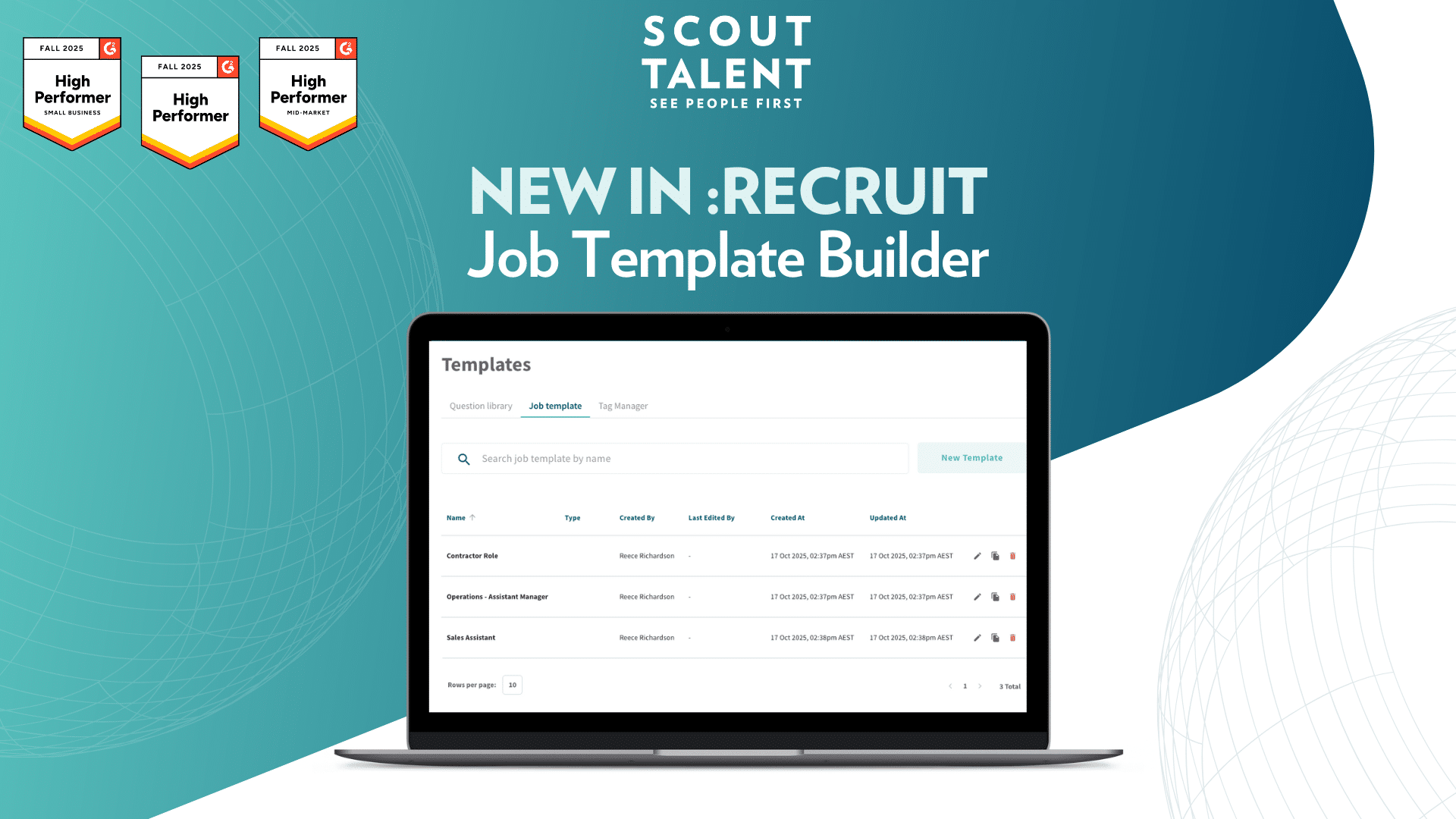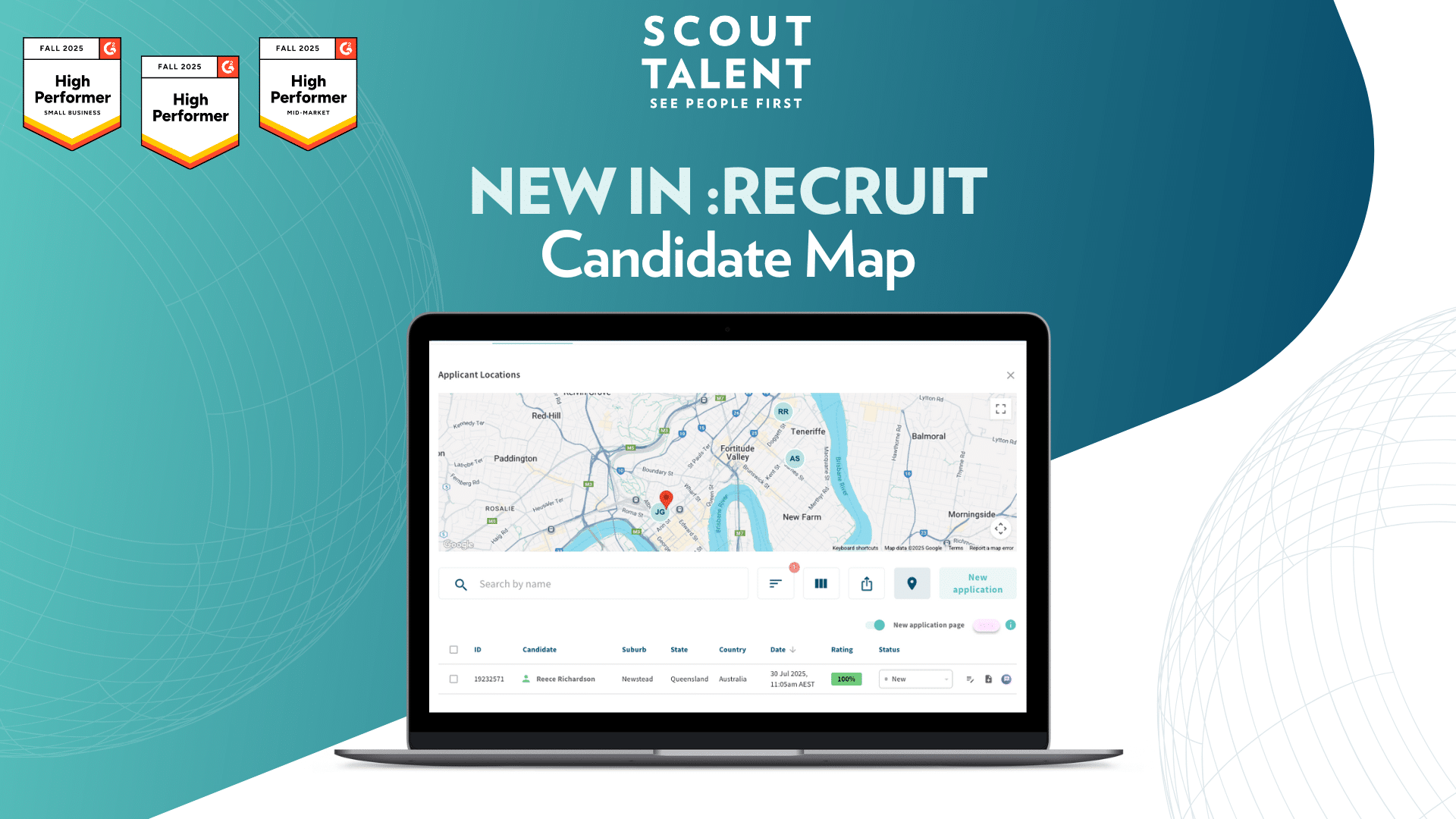There’s been a lot of discussion in the recruitment community lately questioning why many employers don’t include the salary in their job descriptions. Some argue that expecting candidates to go through the effort of submitting an application without knowing all of the facts is unfair. Many job seekers are in agreement, reminding employers that they often have to take time off work to attend interviews, and will do hours of preparation, without even knowing what salary their potential employer is offering.
It seems clear: employers should include all of the salary and benefits information in the job description. But is it that clear-cut? We decided to take a closer look and really get to the bottom of the issue: what are the pros and cons of including the salary in your job description?
Pros:
- Pay transparency is a key part in closing the pay gap between men and women. By being transparent and letting stakeholders (employees, competitors, suppliers) know what salary you’re offering, you’re showing your commitment as an employer to paying your employees a fair and equal wage in comparison to their coworkers.
- Hiring takes time, often with multiple rounds and involving multiple candidates. Given this, recruiters need to be as time-conscious as possible. Being transparent on salary from the outset will save your hiring team significant time spent interviewing people who ultimately will reject the job due to the salary being too low.
- ‘Ghosting’ is another hot topic this year, with employers getting ignored by applicants more than ever. This can happen at any stage of the hiring process; from candidates not showing up for their initial phone screening to not showing up to their final-round interview. A great way to reduce candidate ghosting? Supply them with all of the information as early in the recruitment process as possible. This will help avoid any unpleasant surprises that might lead to a candidate giving you radio-silence.
- Laying all of your cards on the table in the job description can show candidates that you care about their time. It shows that you are transparent and not trying to hide anything. In fact, including salary and benefits in the job description may have a positive impact on your Employer Brand, making you a more desirable employer.
Cons:
- It’s not unusual for candidates to take a job with a salary lower than they expected when they’ve learned more about the company they’re interviewing for. Often in the early stages of the recruitment process, candidates don’t consider less tangible things that make the job more appealing, such as the company culture, the office set-up and the company policies. Including the salary in the job description may discourage a great candidate from applying, without them giving consideration to the other benefits of working in your team.
- If the salary included in the job description is higher than average, unqualified candidates may decide to try their luck and submit an application. More qualifications means more time spent on admin before the hire is made.
- Your competitors will be eager to learn as much about your business as possible, including how much you pay your staff. Advertising how much you’re paying your employees on a public site might give competitors the upper hand, especially in a competitive job market.
- While we have stated that pay transparency is a good thing, it’s possible that this information may cause issues within your team. Be prepared for current employees to express their frustrations if they feel that they’re being underpaid.
Now that we’ve weighed up the pros and cons of including salary within the job description, it seems that the answer is not as clear-cut as initially thought. In fact, there are a lot more issues to navigate than first meets the eye. Given this, our advice is simple: do what feels right for your brand and don’t be afraid to make mistakes.
If you’re looking to hire, Scout Talent offer a variety of recruitment services, as well as affordable, intuitive recruitment software.
If you want to receive useful recruitment content directly into your mailbox, sign up for the Scout Talent newsletter.




